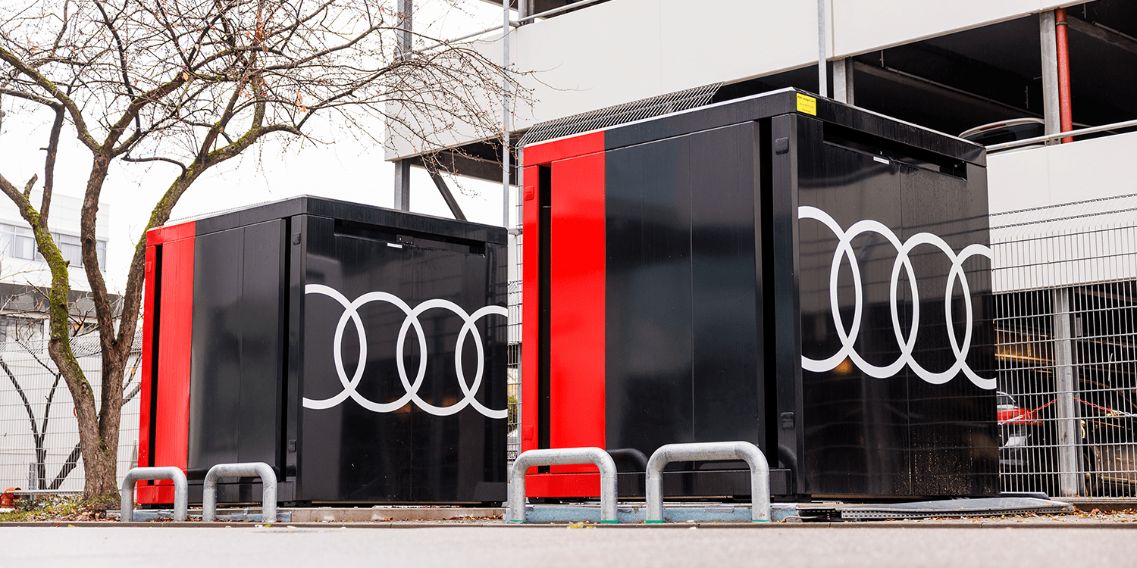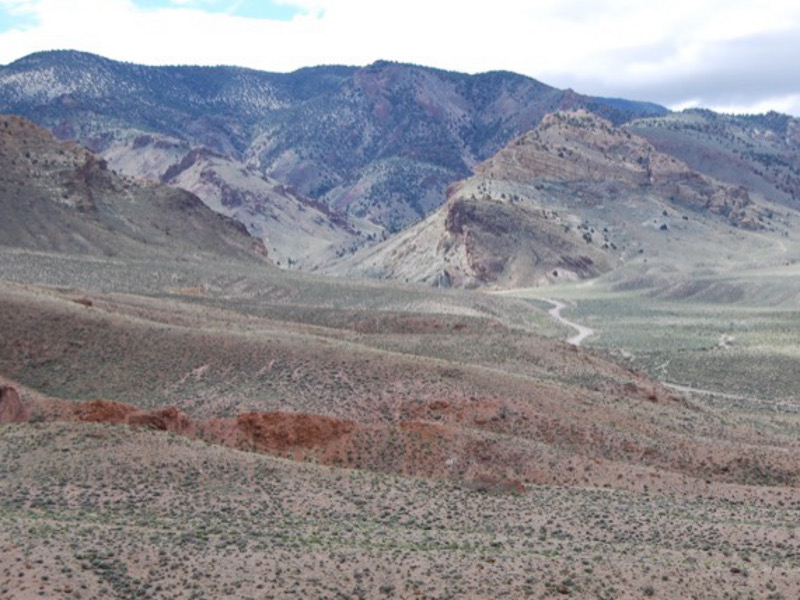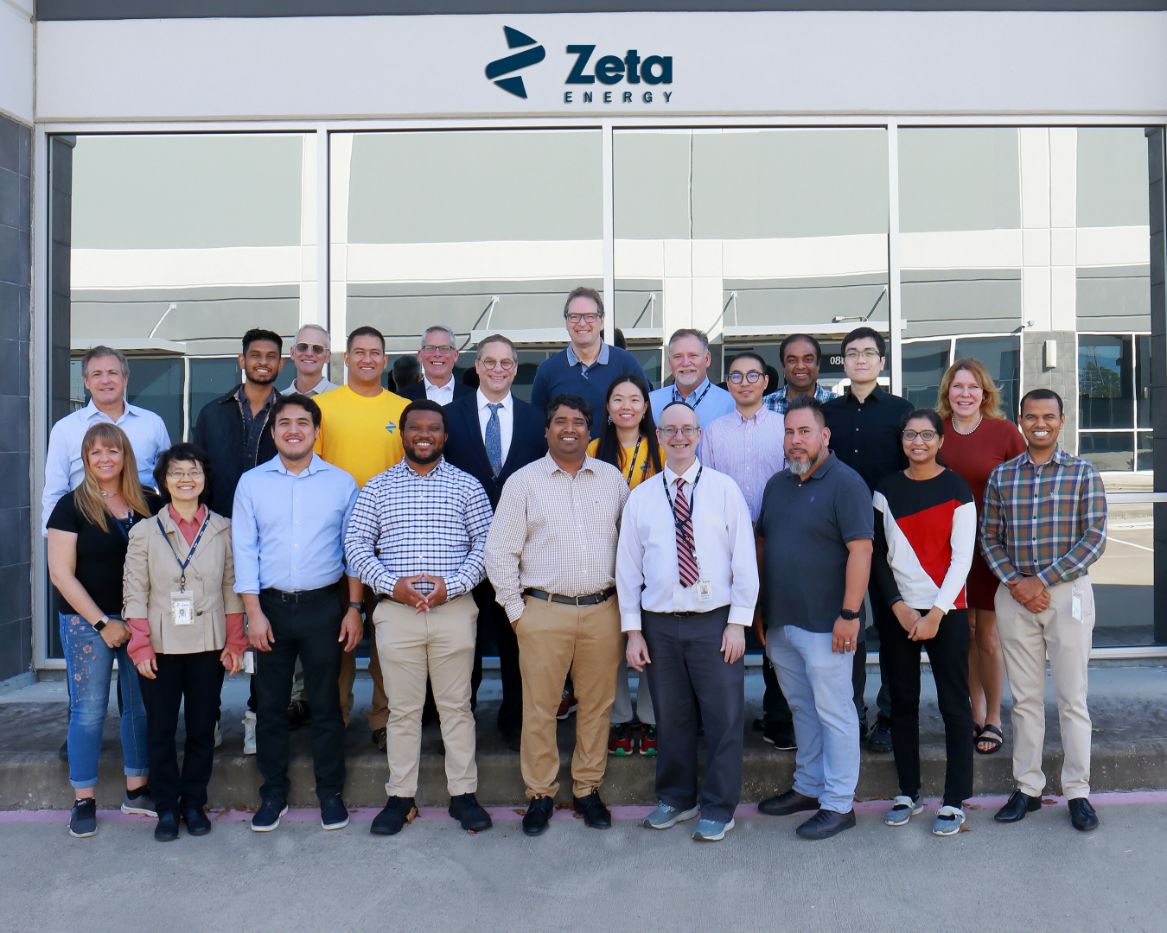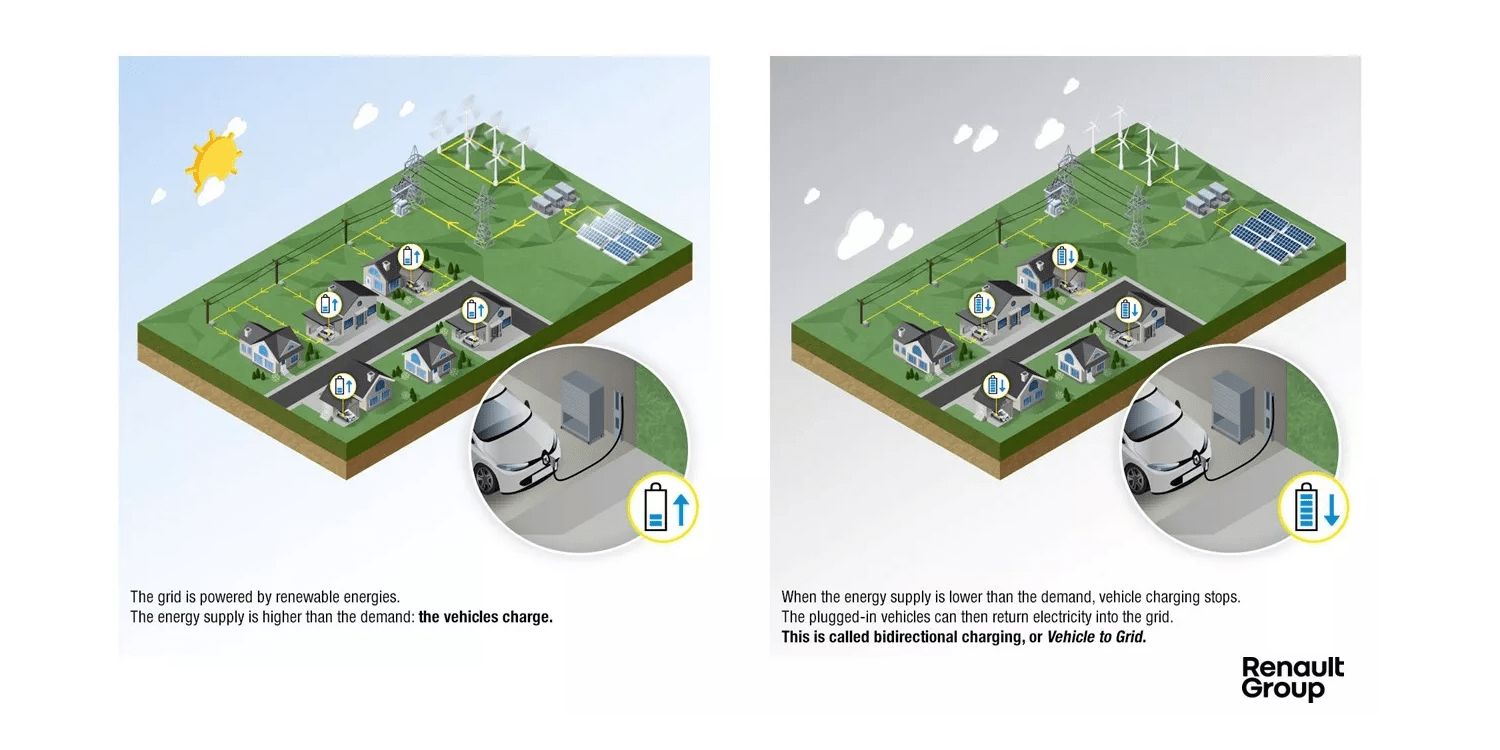Audi is adding 72 electric vehicle charging stations at its Neckarsulm facility using “cubes” made from used lithium-ion batteries from dismantled Audi test vehicles. Two of the cubes supply 48 charging stations in a multi-storey car park, while the third cube provides 24 charging points in another car park near the plant.
Each cube contains 198 used battery modules, with the capacity to expand with 132 more modules. This will increase charging options for employees and visitors at the Neckarsulm site.
By supplying power to the charging points from the second-life batteries, Audi eliminating the need for a costly infrastructure with medium-voltage supply lines and transformers.
The three cubes have a combined energy content of 1.58 MWh, or over 500 kWh per cube. They are charged overnight using a 70 kW supply line during low grid load times and then supply electricity to the 11 kW charging stations during the day.
“Thanks to the batteries in the cubes, we gain 300 kW of charging power for the wallboxes from the relatively low connected load of 70 kW,” explains Jannik Mastall, project manager for the expansion of the charging infrastructure at the site. Audi describes the functional meadow as follows: “The system works like a rain barrel. The incoming connected load is constantly fed into the energy storage units. In the future, photovoltaic modules could provide additional green energy for the Cubes.”
At the Audi Forum Neckarsulm, 40 charging stations have been in use for around 2 years, these are connected to the grid via a transformer station. Along with the new cubes, Audi has added another 150 charging stations in the multi-storey car park 2 on the eastern boundary of the plant, which are also connected to the grid via a transformer station. Audi states that there are a total of around 600 charging stations at the Neckarsulm and Heilbronn plant boundaries, of which about 20 are fast chargers.
“With our charging points, we are making our site fit for the electrification of our models and also giving employees the opportunity to charge their e-cars during working hours,” says Alexander Jakob, Head of Plant Structure Planning Neckarsulm. Some of the charging points are also open to the public.







